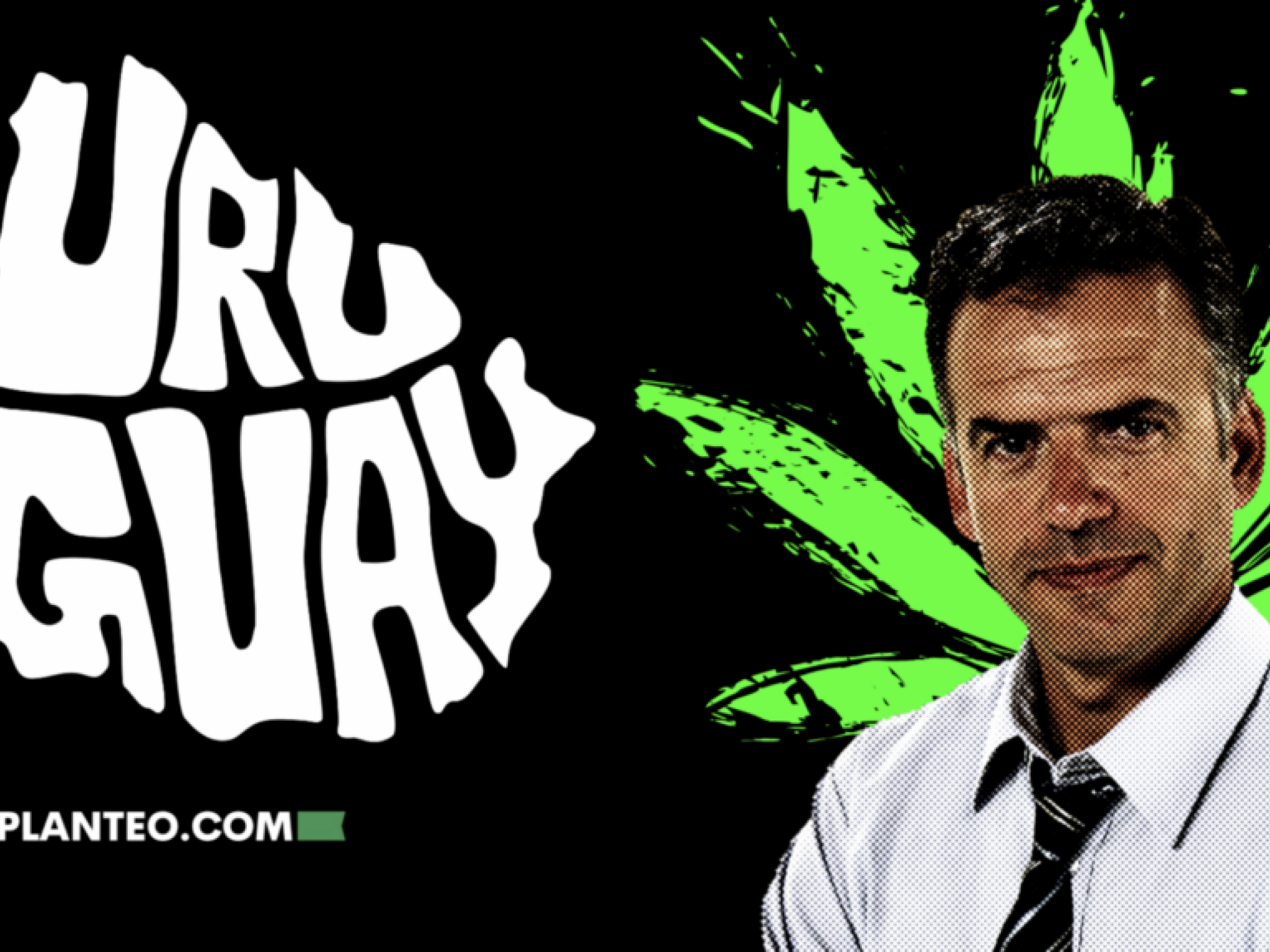
By Hernán Panessi via El Planteo
More than 10 years have passed since Uruguay became the first country to legalize adult-use cannabis. In 2012, then-President José "Pepe" Mujica boldly stated, "Someone has to be first," during debates over legalizing cannabis. By December 2013, Uruguay had made history as the world's first nation to legalize cannabis cultivation and sales.
While groundbreaking, Law 19.172 has faced its share of challenges. After years of controversies, irregularities and debates—largely tied to the outgoing administration—the return of the Frente Amplio, a progressive coalition that spearheaded the original law, could usher in renewed approaches to cannabis regulation.
A Changing Political Landscape
With Uruguay's new political configuration, pressing questions arise: What's next for cannabis policy? Will the Frente Amplio prioritize cannabis reform? What stance will newly elected President Yamandú Orsi take?
Journalist Camilo Salvetti explained to El Planteo that former President Luis Lacalle Pou adopted a "business-oriented approach to cannabis." According to data from the Institute for Regulation and Control of Cannabis (IRCCA), Uruguay currently has:
- 3 licenses for adult-use psychoactive cannabis cultivation,
- 15 licenses for medical cannabis cultivation,
- 40 registered pharmacies selling cannabis,
- 71,843 registered buyers,
- 11,708 home growers,
- 410 cannabis clubs, and
- 13,687 cannabis club members.
Salvetti explained, "There are three ways to access cannabis in Uruguay: buying at pharmacies, joining a cannabis club, or registering as a home grower with limits on plant numbers."
Currently, three companies hold licenses to grow, produce and distribute cannabis sold in pharmacies. However, Salvetti noted that government-supplied cannabis often fell short in quality: "The joke is that this marijuana doesn't even get you high." Following complaints from producers, the government increased the allowable THC levels in pharmacy-sold cannabis.
See also: Uruguay’s Cannabis Industry Struggles Amid Export Barriers, Price Drops
This created friction between cannabis clubs and licensed producers. Salvetti explained, "Producers argued that clubs were not properly regulated, creating a gray market. While more users may be registered at pharmacies, cannabis clubs appear to dominate actual purchases and cash flow."
Rethinking Criminalization And Policy
Under Lacalle Pou's government, prison sentences for minor cannabis trafficking offenses increased, with harsher penalties for "minimal quantities" of cannabis. Salvetti criticized this trend: "The new government must rethink its marijuana policy—whether it serves companies growing state-sanctioned cannabis or focuses on the people."
Activist and educator Rosina Yemini, founder of Cultivando Clubes, noted significant changes after Uruguay's right-wing government came to power in 2020. These shifts primarily affected how cannabis users were judged, leading to increased criminalization and legal ambiguities. Yemini stated, "We now have a large number of home growers in prison."
She expressed hope that President Orsi's government would address these issues and embrace activism in drafting new regulations. Yemini emphasized the importance of engaging IRCCA in open dialogues with advocates.
A Politically Stable Cannabis Consensus
Uruguay's cannabis regulation enjoys broad political support. Across the spectrum, there are no major proposals to reverse legalization. Diego Olivera, a Frente Amplio senator, former head of IRCCA, and national drug policy coordinator, remarked: “Today, cannabis is a state policy embedded in public policy and societal reality.”
Olivera observed, "As a socially progressive country, Uruguay sees cannabis regulation as an extension of its individual freedom and state responsibility traditions."
Despite this stability, Olivera acknowledged challenges. For example, early government attempts sought to expand police involvement in cannabis market oversight at the expense of IRCCA. He said, “That would have marked a return to criminalization, but both the left and center-right opposed it. Instead, regulatory policy remained largely unchanged.”
While there was some bureaucratic streamlining to boost medical cannabis exports, no major structural reforms occurred under Lacalle Pou's administration.
What's Next Under Frente Amplio?
The Frente Amplio's platform includes proposals to deepen cannabis regulation, including:
- Promoting cannabis tourism to attract investments,
- Revising penalties for minor trafficking offenses,
- Expanding membership access to cannabis clubs,
- Addressing hurdles in legal cannabis procurement,
- Balancing supply with growing demand, and
- Strengthening the National Drug Secretariat to improve access and implement harm-reduction policies.
Diego Olivera concluded, "The challenge for Frente Amplio is ensuring all cannabis users can access legal avenues."
Cover image: Photo by Marcelo Cúneo, CC BY-SA 4.0, via Wikimedia Commons, edited by El Planteo
This article is from an external unpaid contributor. It does not represent Benzinga’s reporting and has not been edited for content or accuracy.







